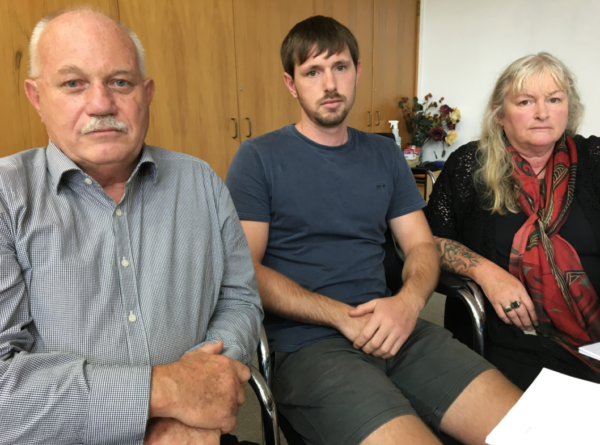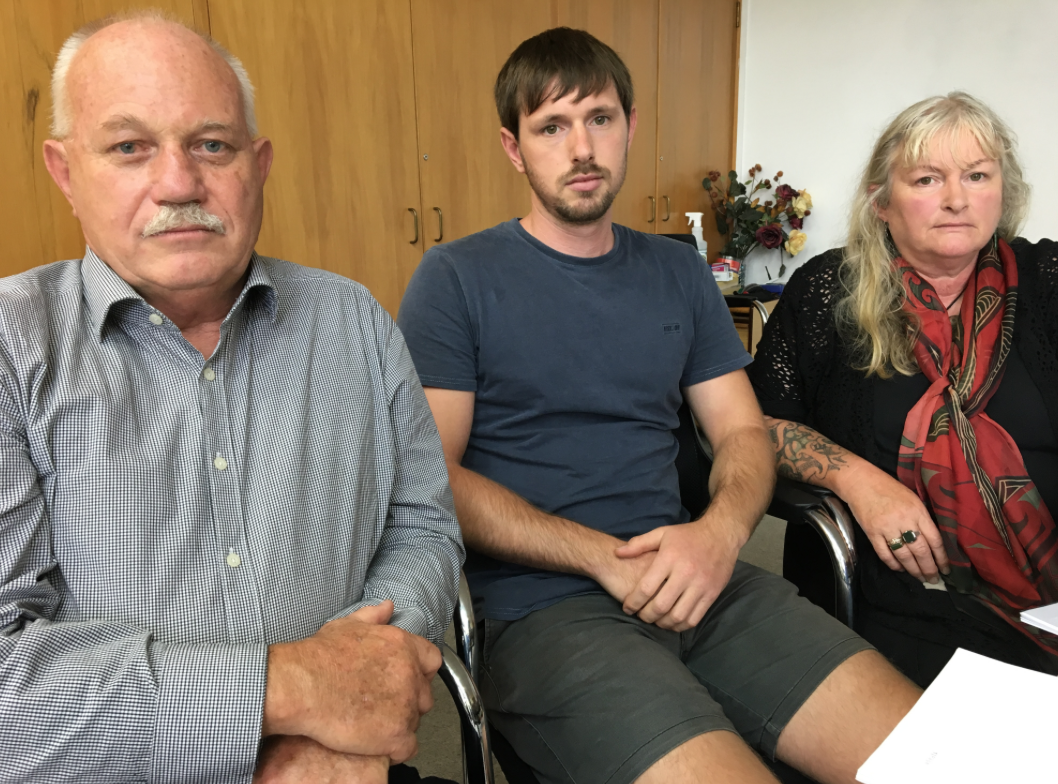
The parents of Nicky Stevens, a 21-year-old man who died in 2015 while in the compulsory care (Mental Health, Compulsory Assessment and Treatment, Act 1992) of Waikato DHB have “cautiously welcomed” today’s statement by Prime Minister Jacinda Ardern and Health Minister David Clark.
Jane Stevens and Dave Macpherson, who still face a battle to get Waikato DHB to accept the Coroner’s findings from the Inquest into their son’s death, have produced a ‘scorecard’ based on the Government’s announcement.
“Some of the decisions and indications are good, and we entirely agree with them; while others don’t have enough budgetary or operational detail to tell if they are good or not; and other matters are not mentioned,” said Ms Stevens.
“We also agree with the Prime Minister that new services, more staffing, better training and fit-for-purpose facilities are all needed, but will take time to put in place,” Ms Stevens said.
“Rome wasn’t built in a day, but they had to start somewhere, and it is high time this country made that start.”
APPROVED
- Rejection of the ‘20% suicide reduction target’ – as the Prime Minister told us last week, every life matters and every suicide death is one too many. The strategy and target must be Vision Zero and the country’s nose must be held to the grindstone to try and achieve this.
- Establishment of an independent Mental Health Commission – this should never have been disestablished in 2013, and the then National Government should be deeply ashamed that it dropped the ball in this area. Inquiries into service provision, and into what happened when something has gone seriously wrong in the mental health area should not be under the control of those with vested interests – and should happen far more speedily than at present.
SOUNDS GOOD, NOT ENOUGH INFO
- Significant increase to publicly-funded services for people with mild to moderate needs – this is great in principle, but will these be services based in the community, and will the community have a say over them? Or will it be more decisions by the out of touch MoH and DHB bureaucrats about what is needed by the community?
- Repeal and replacement of the Mental Health Act 1992 – this is sorely needed, as it is little better than a wet bus ticket at the moment, but the question is: what will replace it? Will it be something that gives patients, families and communities more rights, or will it be a rewording of a document that is heavily weighted in favour of those that currently run most mental health services?
- Expanding and enhancing mental health services in primary and community settings – yes to the creation of more fences at the top of the cliff
- Improving the voice of those with ‘lived experience’ in DHB, primary care and community settings – accepted by the Government, but very light on detail.
- Where is the expansion and enhancement of mental health support services in schools that the Prime Minister announced pilots for some time ago – we need more detail on that.
UNKNOWN AT THIS STAGE
- There is too little information at this stage on how patients, families and whanau, and the communities they come from will have a voice in the new structures and processes. In fact whether they do or not will depend on breaking the shackles that the Ministry of Health and the DHBs currently have this space tied up in. Statements in the Government release seem to indicate the Ministry of Health will maintain its stranglehold in this area.
- Specific support for families bereaved by suicide, and for those affected by mental illness within their whanau and community.
- Where are the options for wholistic, non-drug care packages for people needing mental health support? Currently mental ill-health treatment in New Zealand is a drug companies’ paradise.
“Overall, we give the Government a pass mark. They have started nearly every question well, but need to be able to complete the work they have started,” said Mr Macpherson.
Dave Macpherson is TDB’s mental health blogger. He became a Waikato DHB member after his son died from mental health incompetence.






Zero suicide is about as attainable as was (the late great) Bob Hawke’s “no child in poverty by 2000”. Human nature, and all that.
Comments are closed.